How Can a Secured Creditor Repossess Collateral Without Breaching the Peace?
Jimerson Firm
NOVEMBER 16, 2020
When a borrower applies for a loan, most lenders require the borrower to pledge an asset as security for the repayment of the loan, i.e. collateral. In the event the borrower defaults, usually by failing to make loan payments, a secured creditor has a right to take possession of the collateral. 679.609, Fla.

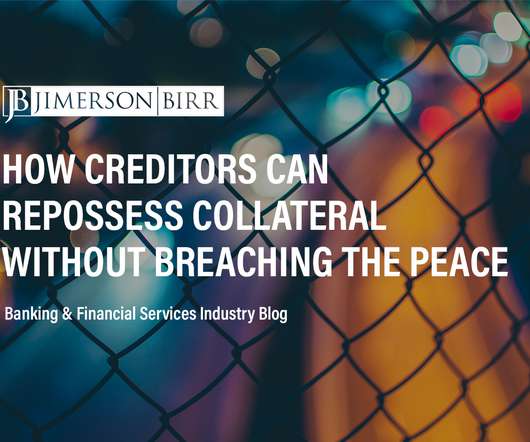
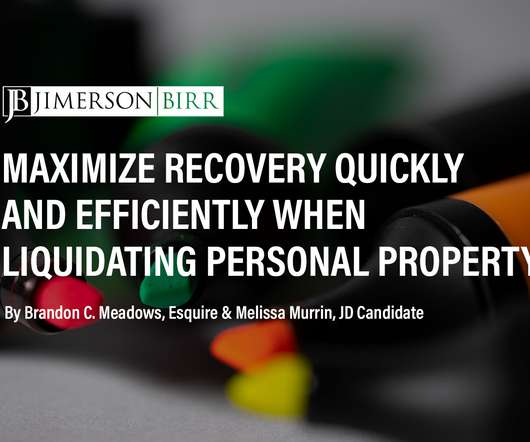
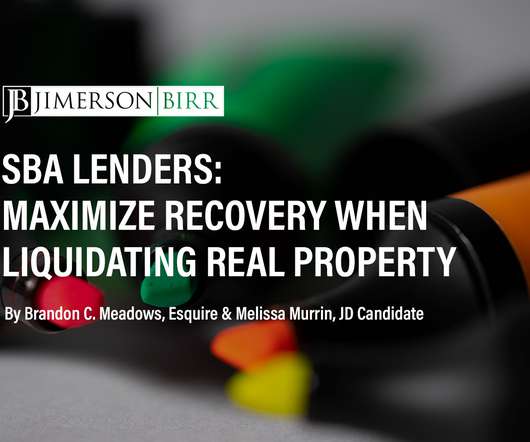
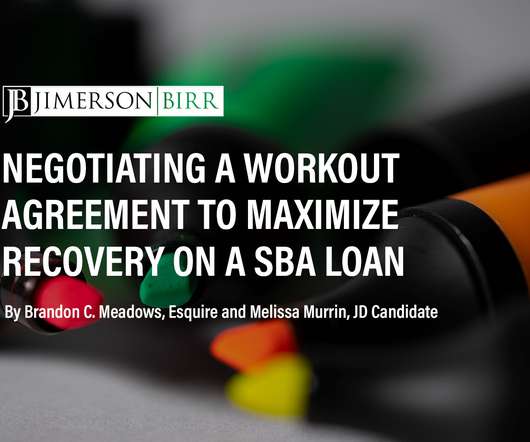
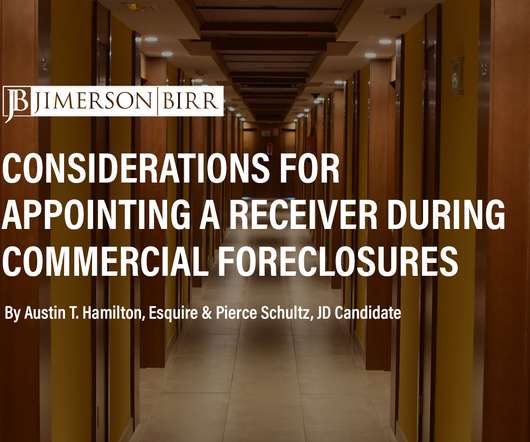
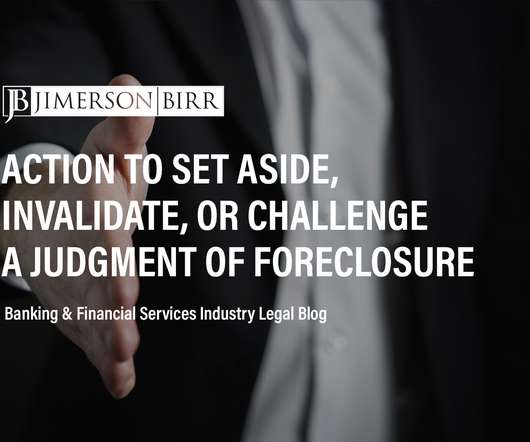
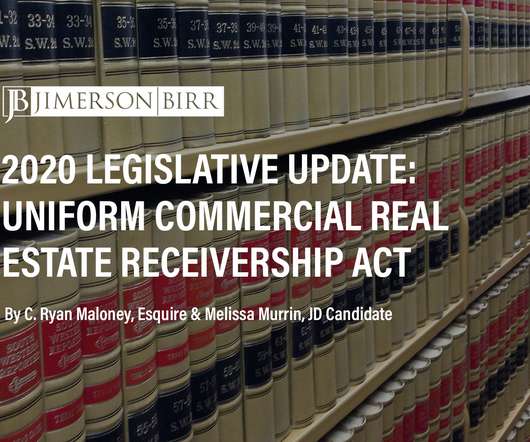
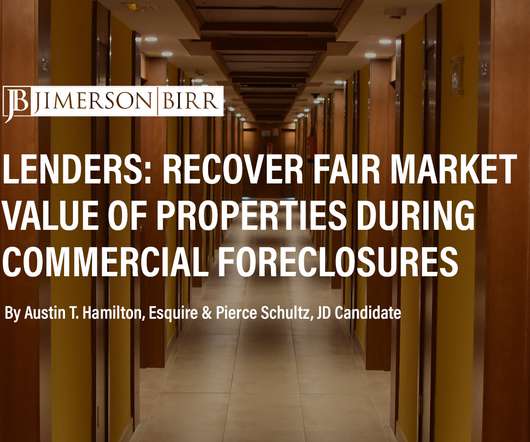






Let's personalize your content